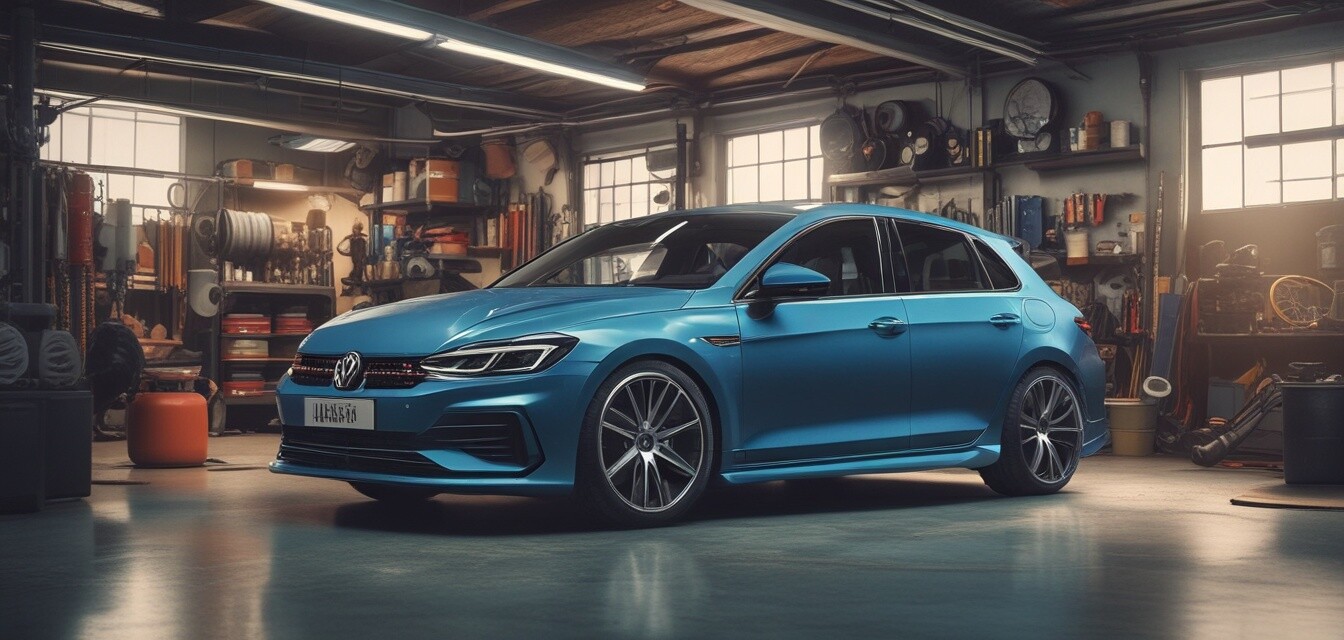
The Impact of 2025 Emission Standards on VW Tuning
Key Takeaways
- The 2025 emission standards aim to reduce pollution from vehicles, impacting VW tuning practices.
- Tuners will need to focus on compliance while optimizing performance.
- New technologies and products will emerge, shaping future tuning upgrades.
- Adaptations in market needs and consumer preferences will drive innovation.
The automotive industry is undergoing significant changes as we move closer to the 2025 emission standards. These regulations are designed to curb emissions and enhance environmental sustainability, which directly affects the tuning community, particularly for Volkswagen (VW) enthusiasts. In this article, we will analyze how these new standards will challenge the tuning landscape and the adaptive measures the VW tuning community will need to take.
Understanding the 2025 Emission Standards
The 2025 emission standards introduce stricter limits on the pollutants that vehicles can emit, pushing manufacturers and tuners alike to find new ways to comply. These standards aim to greatly reduce nitrogen oxides and particulate matter released into the atmosphere, leading to cleaner air and a healthier environment.
Core elements of the 2025 emission standards:
| Pollutant | Current Standard (2023) | New Standard (2025) |
|---|---|---|
| Nitrogen Oxides (NOx) | 0.07 g/mile | 0.04 g/mile |
| Particulate Matter (PM) | 0.01 g/mile | 0.005 g/mile |
| Hydrocarbons (HC) | 0.03 g/mile | 0.02 g/mile |
Challenges Faced by the VW Tuning Community
The new emission standards present several challenges for the VW tuning community. Not only do tuners need to ensure compliance, but they must also maintain or enhance vehicle performance.
1. Compliance vs. Performance
Tuning historically focused on maximizing horsepower and torque, potentially at the expense of emissions. With the new restrictions, achieving performance improvements without surpassing the new limits will require a shift in methodologies.
2. Increasing Costs
As the standards tighten, the costs associated with compliance will likely increase. Scrupulous tuning practices may demand new components that comply with regulations, pushing prices higher.
3. Limited Modification Options
The variety of modifications available may shrink due to compliance issues, limiting tuners' creativity. Certain performance parts might be phased out, eliminating popular options from the market.
Adapting to the New Norms
Despite these challenges, the VW tuning community is known for its resilience and adaptability. Here are some ways the community can embrace and effectively adapt to the new emission standards:
1. Focus on Eco-Friendly Modifications
Innovative tuning solutions such as high-efficiency exhaust systems, eco-friendly software remapping, and improved air intake systems will become more prevalent. Emphasizing sustainable products will help tuners maintain vehicle performance while staying compliant.
2. Development of Advanced Technologies
The increasing focus on emissions will lead to advancements in tuning technologies. For instance, tuners may invest in advanced engine management systems that provide better performance while optimizing for lower emissions.
3. Custom Tuning Solutions
Custom ECU tuning solutions will likely become more popular, allowing tuners to tailor performance while ensuring compliance with the emission standards.
Tips for VW Tuners in 2025
- Stay informed about current and upcoming regulations to plan your modifications better.
- Invest in modern tuning equipment that meets compliance standards.
- Explore partnerships with suppliers of eco-friendly performance parts.
- Engage with the tuning community to share best practices and solutions.
The Future of VW Tuning
As the tuning industry adapts to the 2025 emission standards, we can expect exciting innovations and developments. Embracing sustainability while retaining performance will define the next chapter for VW tuning.
“The future of VW tuning lies in our ability to innovate within the constraints of regulation, making our vehicles not just faster, but also cleaner.”
Conclusion
The impact of the 2025 emission standards on VW tuning cannot be understated. While these regulations present challenges, they also create opportunities for innovation and advancement in the tuning community. By focusing on compliance and embracing new technologies, VW tuners can maintain their passion for performance while contributing to a cleaner environment.
Pros
- Encourages innovation in tuning technologies.
- Promotes eco-friendly practices within the community.
- Leads to the development of new, compliant products.
Cons
- Increased costs for compliance.
- Limited options for traditional performance upgrades.
- Potential pushback from enthusiasts resistant to change.
For more insights into VW modifications and tuning techniques, check out our buying guides and explore our exterior upgrades section to stay ahead of the trends!
